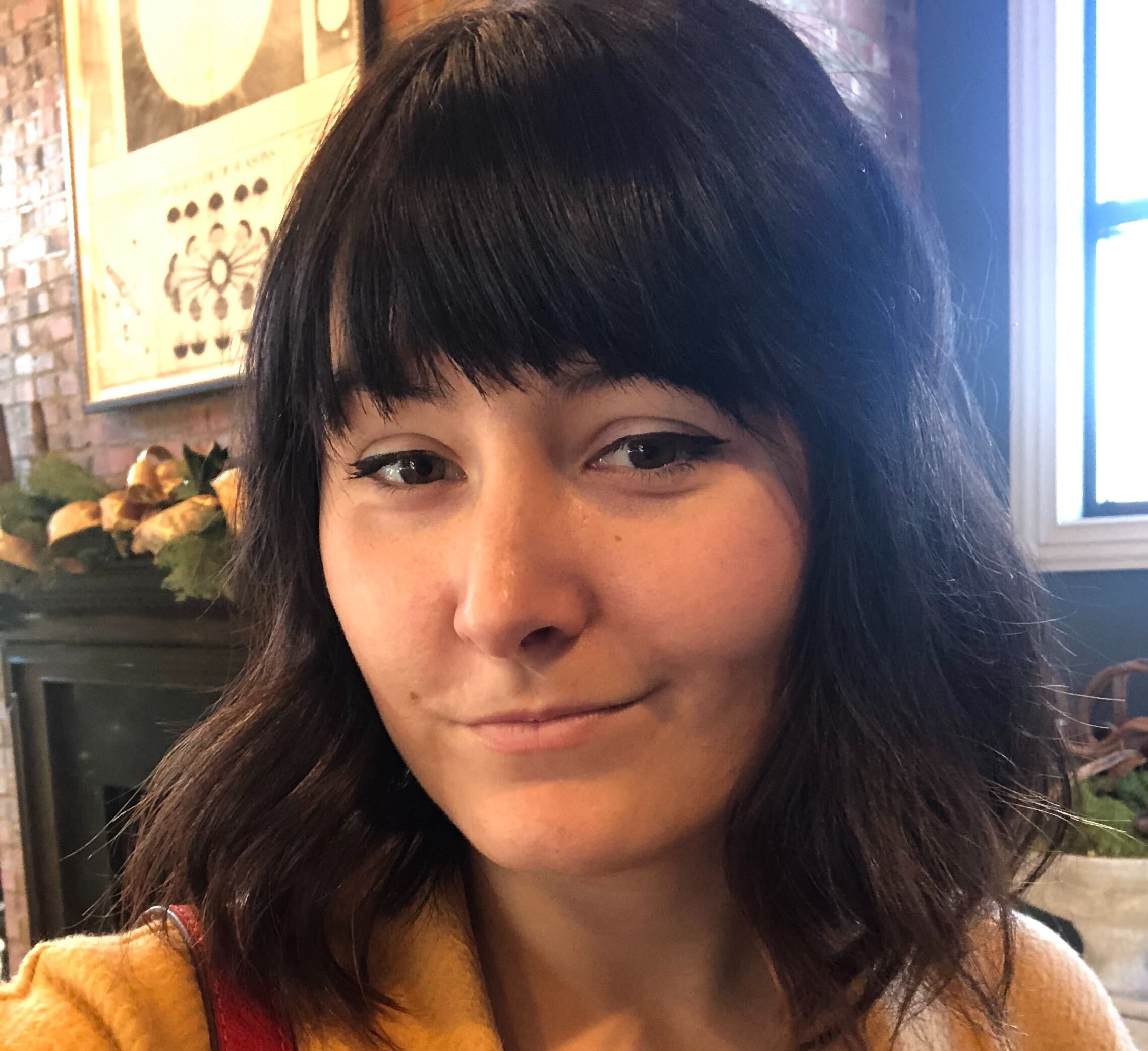HCRpath: Transforming the Healthcare Industry Through Comprehensive Preventative Care
Taylor Miller | January 6th, 2021

Hearing loss is one of the only reversible risk factors tied to stopping the onset of dementia and Alzheimer’s, but more often than not, hearing loss goes undiagnosed and untreated. Patients who suffer with hearing loss are significantly more likely to develop impairments such as dementia and Alzheimer’s, four times more likely to have a cardiovascular event, and have an increased risk of diabetes. Sara Sable-Antry is a founder and entrepreneur with extensive experience within the healthcare industry, and more specifically, the hearing industry. Sara founded HCRpath to provide better preventative care for hearing loss and to stop the onset of dementia and/or Alzheimer’s, and other co-morbidities attributed to hearing loss.
Sara described the United States healthcare system as a “triage healthcare system” that treats high risk and high-cost patients daily. What started out as preventative care for hearing loss soon umbrellaed to include many types of preventative care. HCRpath will challenge the triage healthcare system and reform it to focus on preventative care that will ultimately lead us to a lower cost and lower risk healthcare system.
The Platform
The HCRpath platform utilizes a series of medically approved assessments, including your typical yearly assessments that are required by most insurance providers, to gather data and guide both patients and physicians on their next steps for better health. Sara built the HCRpath platform with patients in mind. Typically, patients have multiple points of contact and possibly several different providers with systems that don’t talk to one another. This complex communication can lead to miscommunications or missed information, not to mention the hassle of the patient having to repeat their personal information to a multitude of doctors, nurses, and medical staff. HCRpath is a platform that gives ownership back to the patient while making things easier and more streamlined for their physicians. This system is based off their Medicare or insurance ID number so the patients don’t have to spend additional time filling out surveys in the office lobby and their information follows them no matter where they go – whether they are seeing a new doctor or a specialist their medical information is effectively communicated.

It’s Professional and It’s Personal
For Sara, the need for better preventative care is more than just a passion project, it’s deeply personal. Sara grew up in a town where coal mining was still a common profession and many of the residents of that area are now dealing with multiple joint replacements, diabetes, compromised lungs, and severe noise-induced hearing loss. Similarly, many are now developing cognitive issues such as dementia and Alzheimer’s. She believes that’s due to the triage nature of our healthcare system. The “major” health issues were addressed and “minor” issues such as hearing loss were de-prioritized, which in turn, led to more major issues and complications such as dementia. It’s not just her personal experience, Sara sees it often in her professional life as well. Patients who suffer with hearing loss also suffer from the mental fatigue, isolation, and depression.
A Focus on Better Health
No one wants to sit in a doctor’s office when they feel perfectly healthy, so preventative care has been widely ignored. HCRpath sets the stage for physicians to focus on the health of their patients and guide them towards the preventative care they need. The software is smart enough to recognize what has already been done and will provide patients with recommendations or referrals for them to take the next step in their care - whether that’s scheduling a mammogram or getting a flu shot. Once a medical issue is identified, HCRpath makes it easy for patients to begin their journey towards a healthier and longer life.
The Process
Becoming a founder and starting a company is not easy and is often described as being isolating and lonely. When Sara founded HCRpath she understood the importance of finding good partners early on. You have to have a deep understanding of which market needs it most, what the market need is, what the revenue cycle looks like, who can afford it and so on. Sara had both a great idea and the business background to turn her idea into a successful startup, but she didn’t have the technical know-how, so she partnered with AWH, a digital product consulting company.
Sara completely self-funded the development of HCRpath. She knew what she needed to do and how to do it. She has seen too many startups fail because they launched at the wrong time or refused to redirect when needed, so she maintained sole equity to keep the focus on the product, not the profits, too early in the creation of the company. Sara points out, “When founders take money from VC’s or PE’s, the return on investment becomes the primary focus. True, companies may launch earlier, but many times founders are not able to make decisions based on what they feel is best for the company in order to appease investors. Now that the product is ready for the market, I’m definitely open to investors!”
The Evolution
The original problem was to identify and treat hearing loss to preempt life threatening ailments such as dementia and Alzheimer’s, but Sara took it a step further and developed a system that focuses on preventative care in general. The HCRpath assessment is smart and reactive, for example, if it detects you might be suffering from something like depression it will funnel you into a depression specific assessment that has been medically evaluated so the patient and physician are both able to get to a next level of understanding for preventative care.
